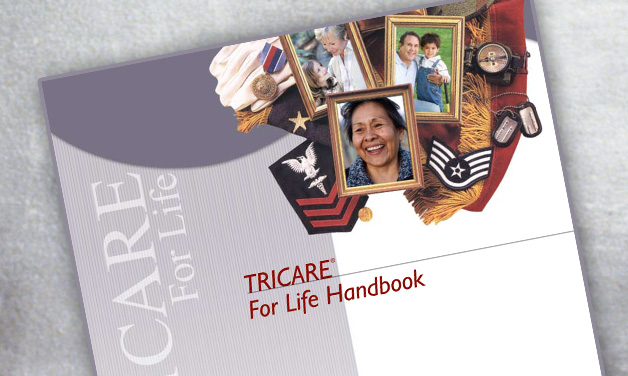
TRICARE for Life to cut discounts
More than 400,000 military retirees and senior dependents in the TRICARE for Life (TFL) program will have to pay the full amount for certain prescription refills if they use a retail pharmacy rather than a military pharmacy or a mail service.
The change, part of a pilot program created by Congress and approved by President Barack Obama, is meant to help control the cost of military health care and is expected to cut $120 million this year from the $3.3 billion the Department of Defense (DoD) pays annually for TFL pharmacy needs. TFL serves about two million military retirees and their dependents over 65, and it accounts for nearly half of the $7.1 billion DoD spends each year on its pharmacy program.
The pilot program includes more than 400 medications – mostly brand-name – for chronic conditions, such as high blood pressure, diabetes and asthma. Prescriptions for pain relievers, antibiotics and other medicines for acute conditions are not affected. With TFL, members can fill approved prescriptions three times at a retail outlet, usually a 30-day supply, for a $17 co-payment. If members don’t switch to a military pharmacy or mail service, they’re responsible for the drug’s entire cost for subsequent refills. If they do switch, they will owe $13 for each 90-day supply through the Express Scripts mail service or nothing when they use a military base pharmacy. After a year, members can opt out of the pilot program and return to paying $17 for a 30-day supply for their retail refills.
TRICARE for Life will grant waivers on a case-by-case basis due to “personal need or hardship, emergency, or other special circumstance.”
Work Opportunity Tax Credit extended
On April 28, the Senate Finance Committee passed S. 2260, the Expiring Provisions Improvement Reform and Efficiency (EXPIRE) Act. The bill will extend a number of expired or soon-to-be expiring tax credits, including a Legion-supported extension of the Work Opportunity Tax Credit for qualified veterans. Other provisions of the bill include a tax credit for employers of activated reservists, as well as a provision whereby any military basic housing allowance received by an active member of the military is not considered income for purposes of calculating whether an individual qualifies as a low-income tenant for the low income housing tax credit program. The bill will be sent to the Senate floor for consideration.
New veterans fellowship program announced
On April 8, Reps. Mike Thompson, D-Calif., Don Young, R-Alaska, and House Committee on Veterans’ Affairs ranking member Mike Michaud, D-Maine, announced the formation of the Veterans Congressional Caucus Fellowship Program. The mission of the fellowship program is to increase the number of veterans working on Capitol Hill by providing an educational curriculum where they will learn the legislative process and how to assist constituents dealing with federal agencies. Thompson and Young, both Army veterans, said the program will accept its first participants this summer. Learn more online: www.mikethompson.house.gov/
